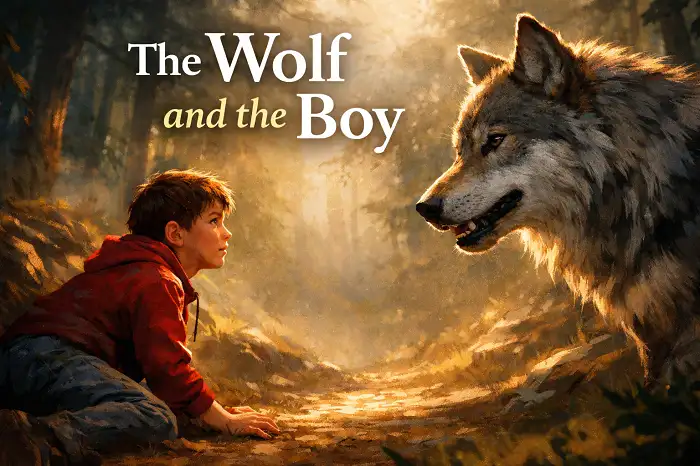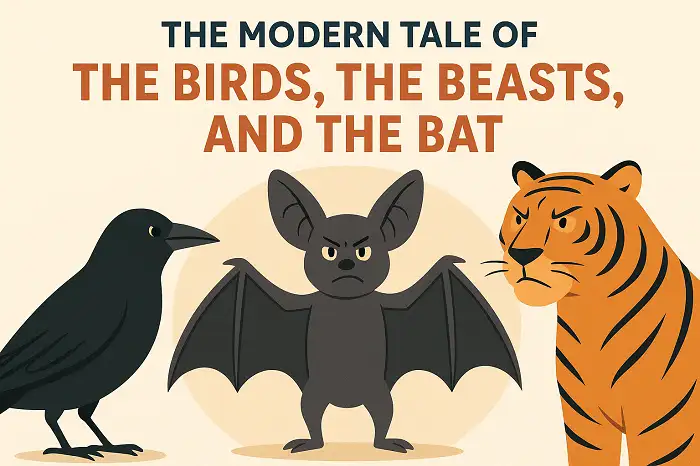The Fir-tree and the Bramble by Aesop for ESL students with a podcast and vocabulary practice in real context The Fir-tree and the Bramble is now in the public domain available on Gutenberg Project. Podcast of the Fir-tree and the Bramble https://www.youtube.com/watch?v=wvAJPSUc17g The Fir-tree and the Bramble A fir-tree was boasting to a bramble, and said, somewhat contemptuously, "You poor creature, you are of no use whatever. Now, look at me: I am useful for all sorts of things, particularly when men build houses; they can't do without me then." fir: a tree with needle-shaped leaves that do not fall ...
Home » English Short Stories » The Fir-Tree and the Bramble by Aesop for ESL Students

The Fir-Tree and the Bramble by Aesop for ESL Students
Updated: by Dr. Mohammad Hossein Hariri Asl
Time to Read: 2 minutes | 485 Views | 2 Comments on The Fir-Tree and the Bramble by Aesop for ESL Students
Share This Post
About the Author
Dr. Mohammad Hossein Hariri Asl is an English and Persian instructor, educator, researcher, inventor, published author, blogger, SEO expert, website developer, entrepreneur, and the creator of LELB Society. He's got a PhD in TEFL (Teaching English as a Foreign Language).
Number of Posts: 4242



The fir-tree and the bramble by Aesop is about humility and contentment. This story highlights that pride and arrogance can lead to downfall. The bramble wisely responds to the fir-tree that being important or highly valued by society does not always mean a safer or better life. Sometimes, a simple existence is more secure than a grand but risky one.
This story shows that simplicity can bring more ease. For instance, a person with a huge house feels proud of their wealth but constantly deals with maintenance, cleaning. Meanwhile, a person in a small apartment has fewer expenses, less stress, and more financial freedom.
Your analysis of The Fir-Tree and the Bramble effectively captures its core message about humility and contentment. The fir-tree’s pride in its grandeur contrasts with the bramble’s wisdom in recognizing the benefits of a simple, unassuming life. Your modern example of a large house versus a small apartment further illustrates this point—luxury and status can come with burdens, while a modest lifestyle often brings greater peace and freedom. This fable reminds us that true happiness isn’t always found in wealth or recognition but in appreciating what we have and living without unnecessary worries.